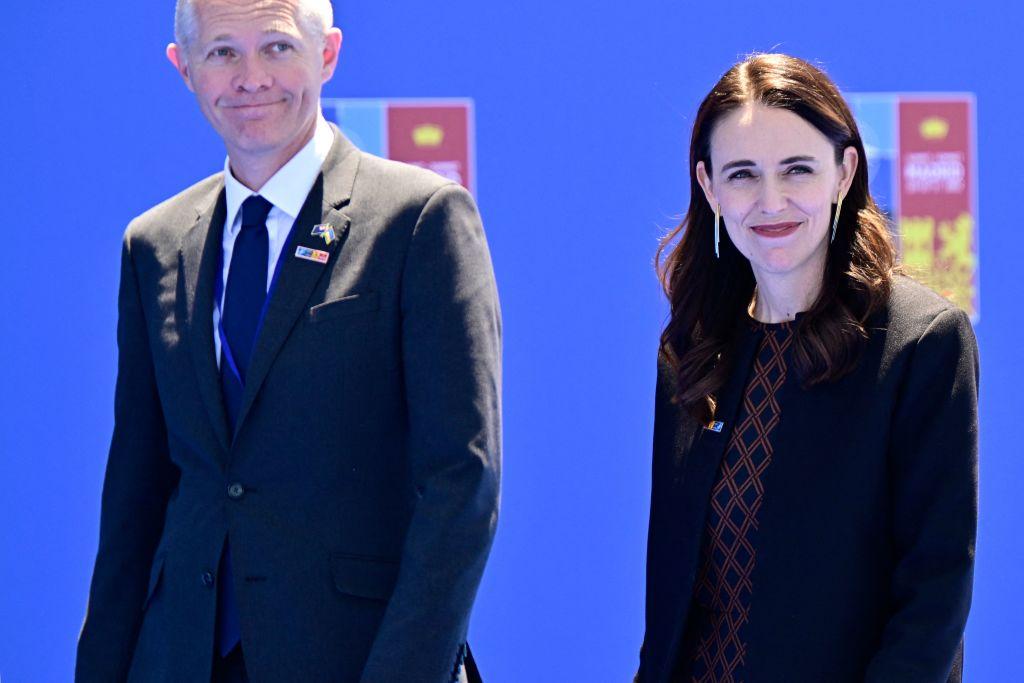New Zealand Prime Minister Jacinda Ardern has called for nuclear disarmament and criticised China for its human rights abuses in her speech at the NATO summit in Madrid.
“This crossroads that the world finds itself at should be the basis for us to put a halt in the production of weapons that create our mutually assured destruction because the alternative is unfathomable,” she said.





